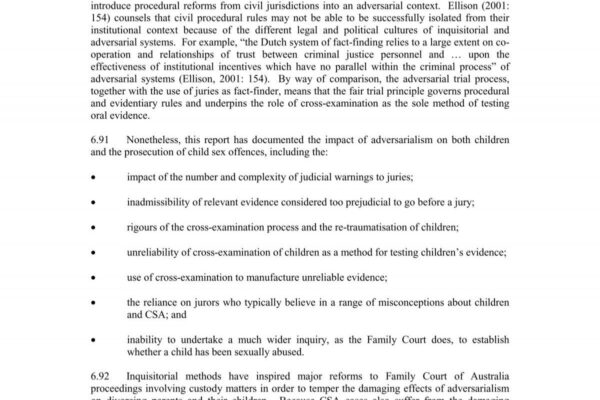
Introduction to PISA
The Programme for International Student Assessment (PISA) is a worldwide study by the Organisation for Economic Co-operation and Development (OECD) that evaluates educational systems by testing the skills and knowledge of 15-year-old students. Conducted every three years, PISA provides vital data on how well students can apply their knowledge to real-world challenges, thereby offering insights into the effectiveness of education systems globally. With the increasing emphasis on educational achievement in a competitive world, understanding PISA’s results has never been more critical.
Recent PISA Findings and Trends
The latest PISA results, released in December 2022, revealed an alarming decline in mathematics and reading scores among participating countries, including England. Students in England scored 7 points lower in mathematics compared to the previous assessment cycle in 2018. This downward trend raises concerns about the long-term implications for young people’s employability and the economy. Interestingly, countries such as Singapore and China continue to dominate the rankings, showcasing the effectiveness of their education systems, which focus on strong foundational skills and strategic teaching methodologies.
Impact of COVID-19 on Education
The decline in scores can largely be attributed to the disruption caused by the COVID-19 pandemic, which forced schools to close and students to adapt to remote learning environments. Many educators have highlighted the challenges of maintaining engagement and providing quality education while moving online. Consequently, the pandemic has exacerbated existing disparities within educational systems, affecting lower-income students the most.
The Importance of PISA for Policy Makers
PISA serves as a valuable tool for policymakers worldwide, as it highlights areas that require urgent attention. In response to the declining performance, countries are now focusing on enhancing teacher training, improving curriculum standards, and integrating technology in classrooms. By acknowledging the significance of PISA results, education authorities can develop informed strategies that promote quality education and equitable opportunities for all students.
Conclusion: The Future of Education
As the world continues to grapple with the repercussions of the pandemic, the insights gleaned from PISA assessments will be crucial in shaping future educational practices. By addressing the challenges highlighted by PISA, including the need for innovative pedagogies and tailored interventions to support disadvantaged students, countries can work towards fulfilling the educational promise for every child. The significance of PISA extends beyond mere rankings; it encourages introspection, adaptation, and progress toward achieving sustained improvements in global education standards.
You may also like

The Importance of Study in Education Today

The Importance of Continuous Learning in Today’s Society
